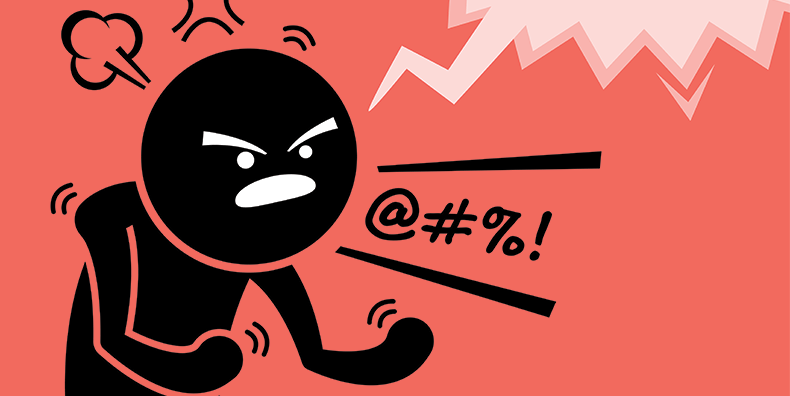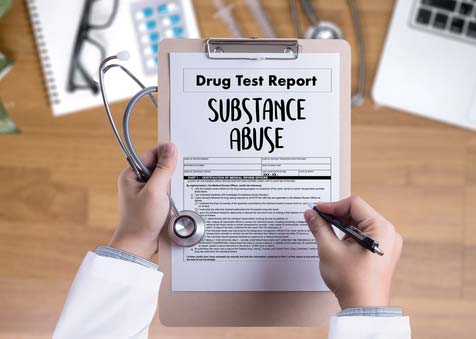Mental Illness is not a Character Defect
Emotional, psychological, and social wellbeing are all parts of mental health. It influences how we feel, act, think, make decisions, and interact with others. Your overall health and quality of life depend on your mental health, which is more than just the absence of mental illnesses. Self-care can play a role in maintaining your mental health and helping support your treatment and recovery if you have a mental illness.
Overcoming the stigma of mental illness
The term “stigma” refers to the negative stereotype that someone has of you as a result of a distinguishing characteristic or personal trait that is, or is perceived to be, a disadvantage. Unfortunately, negative attitudes and beliefs toward people who have a mental health condition are common.
Stigma can lead to discrimination. Unfortunately, there are many people who have unfavorable attitudes and beliefs about people who have mental health issues. Or it may be unintentional or subtle, such as someone avoiding you because the person assumes you could be unstable, violent, or dangerous due to your mental illness. You may even judge yourself.
The Effects of Stigma
Fear and misunderstanding frequently result in prejudice against those suffering from mental illnesses and addictions, even among support professionals. It’s one of the key reasons why many people don’t think of it as a serious health problem. This prejudice and discrimination creates emotions of hopelessness and guilt in people who are struggling to cope with their circumstances, posing a significant barrier to diagnosis and treatment.
Some of the harmful effects of stigma can include:
- Reluctance to seek help or treatment
- Lack of understanding by family, friends, co-workers or others
- Fewer opportunities for work, school or social activities or trouble finding housing
- Bullying, physical violence or harassment
- Health insurance that doesn’t adequately cover your mental illness treatment
- The belief that you’ll never succeed at certain challenges or that you can’t improve your situation
Steps to cope with stigma
Here are some ways you can deal with stigma:
Get treatment.
You may be reluctant to admit you need treatment. Don’t let the fear of being labeled with a mental illness prevent you from seeking help. Treatment can provide relief by identifying what’s wrong and reducing symptoms that interfere with your work and personal life.
Don’t let stigma create self-doubt and shame.
Stigma doesn’t just come from others. You may mistakenly believe that your condition is a sign of personal weakness or that you should be able to control it without help. Seeking counseling, educating yourself about your condition, and connecting with others who have mental illnesses can help you gain self-esteem and overcome destructive self-judgment.
Don’t isolate yourself
If you have a mental illness, you may be reluctant to tell anyone about it. Your family, friends, clergy, or members of your community can offer you support if they know about your mental illness. Reach out to people you trust for the compassion, support, and understanding you need.
Don’t equate yourself with your illness.
You are not an illness. So instead of saying “I’m bipolar,” say “I have bipolar disorder.” Instead of calling yourself “a schizophrenic,” say “I have schizophrenia.”
Join a support group.
Some local and national groups, such as the National Alliance on Mental Illness (NAMI), offer local programs and internet resources that help reduce stigma by educating people who have mental illness, their families, and the general public. Some state and federal agencies and programs, such as those that focus on vocational rehabilitation and the Department of Veterans Affairs (VA), offer support for people with mental illness.
Get help at school.
If you or your child has a mental illness that affects learning, find out what plans and programs might help. Discrimination against students because of a mental illness is against the law, and educators at primary, secondary, and college levels are required to accommodate students as best they can. Talk to teachers, professors, or administrators about the best approach and resources. If a teacher doesn’t know about a student’s disability, it can lead to discrimination, barriers to learning, and poor grades.
Speak out against stigma.
Consider expressing your opinions at events, in letters to the editor, or on the internet. It can help instill courage in others facing similar challenges and educate the public about mental illness.
Others’ judgments almost always stem from a lack of understanding rather than information based on facts. Learning to accept your condition and recognize what you need to do to treat it, seeking support, and helping educate others can make a big difference.












